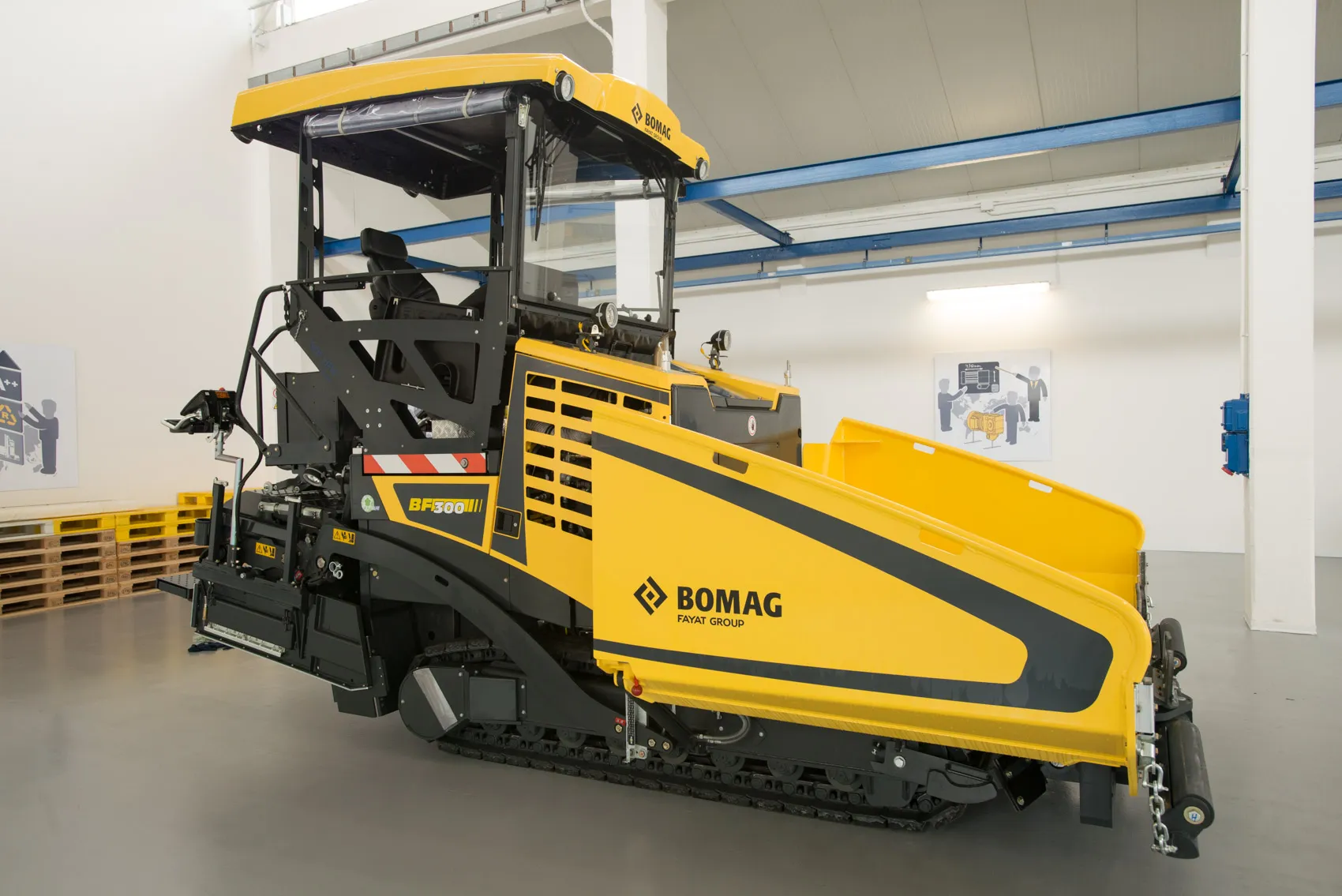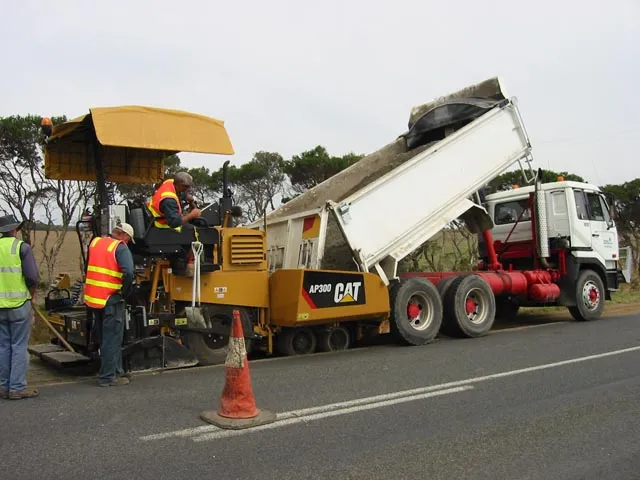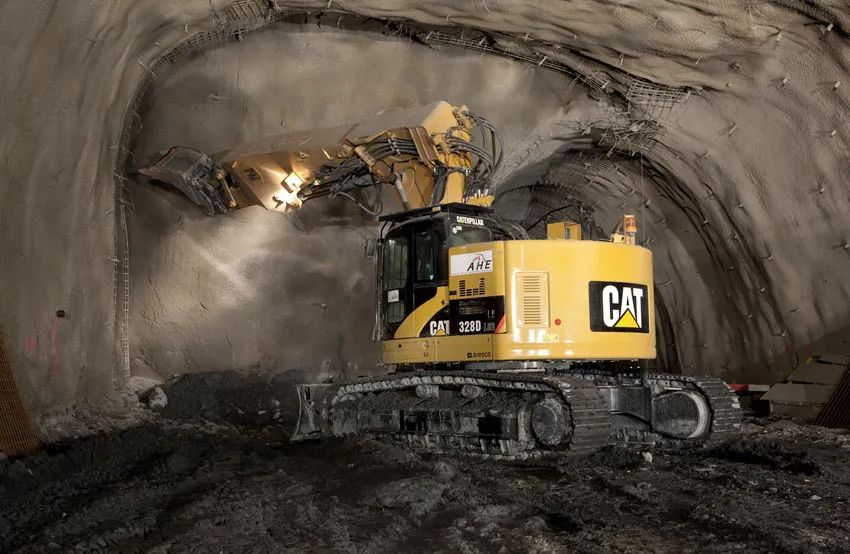BOMAG has upgraded its compact city paver, increasing output while reducing exhaust emissions and fuel consumption. A new engine meets the Tier 4 Interim/Stage IIIB emission standard, while a Tier 3/Stage IIIA diesel can also be fitted for markets where low sulphur fuel is not available. Customers can also choose from wheeled or tracked variants. The Ecomode regulates the hydraulics, engine speed and ventilation as required, saving fuel and reducing noise.
The BF300-2 offers a throughput of 300tonnes/ho
March 14, 2016
Read time: 2 mins

The BF300-2 offers a throughput of 300tonnes/hour and the tracked version can pave widths of up to 5m, while the wheeled version can pave widths up to 4.4m. The paver is said to be suited to urban road projects, housing developments or parking areas, although it can also be used for rural road construction or hard shoulder restoration in highway jobs.
The BF 300-2 comes equipped with Magmalife screed heating. The heating rods, which are directly cast into one aluminium block, take 20 minutes to heat up some 60% faster than the screed heating on comparable machines. The screed extension is said to works quickly with the Bomag Quick Coupling attachment system, which reduces retooling times by up to 50%.
The pavers now have an optional hydraulically controlled front flap, which makes completely emptying the hopper faster and easier. Other options include the ventilation system, which removes asphalt fumes directly above the auger and diverts them to above the paver roof, as well as LED headlamps or balloon lighting.
All videos








